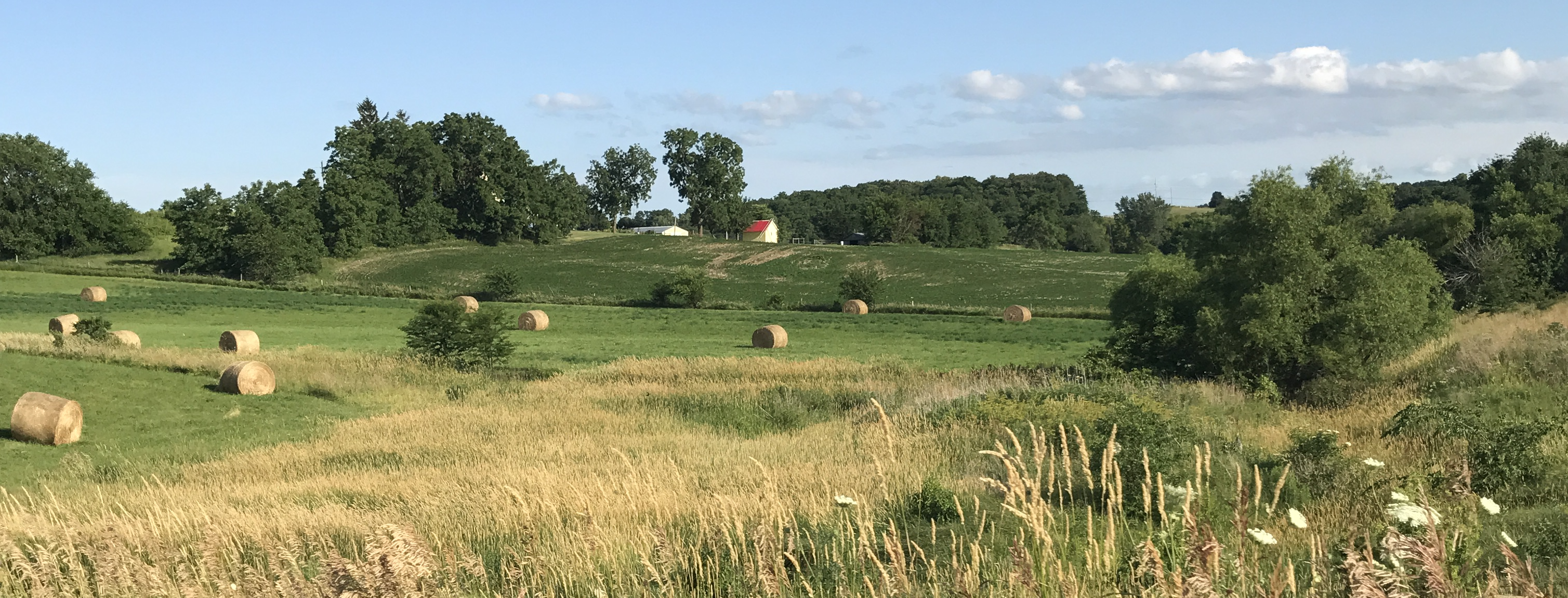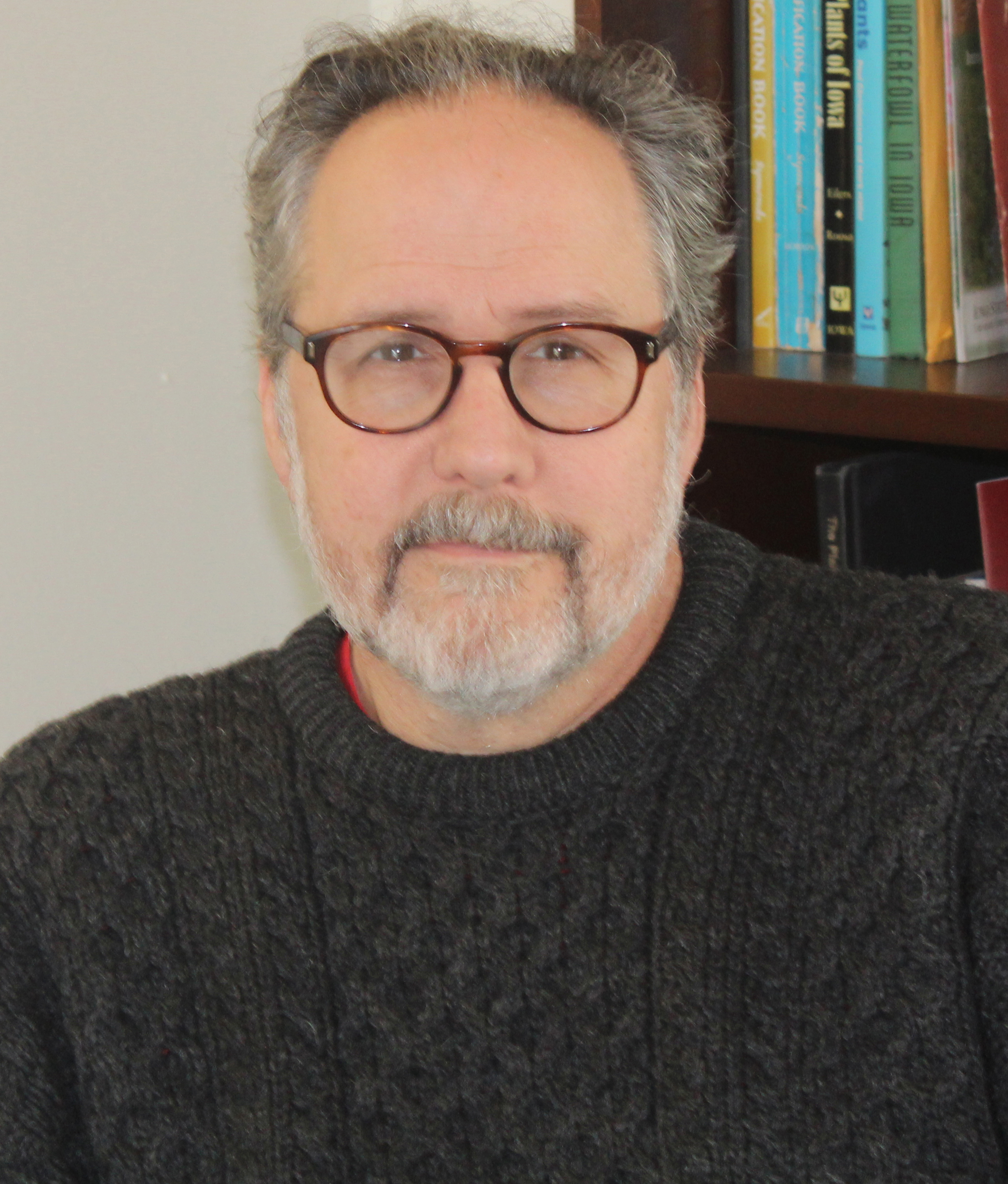It’s a familiar trope: a young person departs a small town and heads for the big city, forsaking the precincts of childhood. That was me at eighteen, leaving my Midwestern hometown.
Ostensibly, I was just headed for college. In my private thoughts, though, I was shaking the dust of that place off my feet. I don’t know if I could have articulated then the reasons for my flight—for flight it was—what I was running from, what I thought I was running to. I told myself I was leaving small-minded meanness behind—the town’s suspicion of difference and woundedness, its long memory for fault and failure, its willingness to enforce unstated rules of conduct through humiliation and violence.
Mostly, though, I think I was running from myself.
My childhood and teen years had been marred by the implosion of my dysfunctional family, and there was no part of my hometown that didn’t feel haunted. If I was going to be like David Copperfield and be the hero of my own life story, it would have to be somewhere else, where I would be free to be someone else. I turned my eyes East.
We want our retrospectives to make sense, to yield a narrative through-line that makes the path taken from there to here seem coherent, chosen, even fated. I’m no different. I would like to say I left the Midwest guided by a sense of purpose. If I’m honest with myself, though, when I left my hometown, it was blindly, like a bullet leaving an unaimed gun.
After a sputtering start, I eventually landed in Washington, DC, and seventeen years passed. I got my undergraduate degree, found work, and began the long process of growing up, settling down and becoming a functioning adult. I got established in my profession, made friends, got married, got divorced, got into therapy and began to banish the ghosts that, inevitably, I had dragged East with me. I told myself I was getting the adulthood-thing done.
But if getting on in my life—succeeding—was supposed to deliver a sense of satisfaction, then I wasn’t doing it. As I moved through the seasons of young adulthood, I hoped for a sense of arrival. I searched—as so many do in our restless society—for my place, my home. For some fortunate few, the search is brief. It seems they’re born knowing who they are and where they belong. That wasn’t me. I moved frequently, looking for a better job, a better apartment in a better neighborhood, a better relationship with a cooler girlfriend, a path that would help me steer closer to whatever most mattered to me at the time. Inevitably, when I looked out the window of whatever place I lived in at the time, I felt discontented. Not yet, I thought. Not here.
George Dane, the writer-protagonist of Henry James’s story “The Great Good Place,” longs for an escape from the grind his existence has become—somewhere he can find rest, recovery, a sense of satisfaction with his life and relationships that has eluded him. Had I discovered James’s story back then, I think I would have said I understood Dane’s desire. I felt hemmed in by DC’s massive buildings; its endless traffic jams; its miasma of urgent ambition, like the scent of an expensive cologne cut with bus fumes. DC is beautiful and remarkable, a place of power and consequence, but to me then it felt temporary, populated with striving souls on their way to somewhere else and better, a destination they’d leave for once they got their professional ticket punched.
At last, it was my turn to leave. I got a fellowship to the graduate school I had long wanted to attend because it was the prestige place to learn what I wanted to learn. Oddly enough, it was in the Midwest, in Iowa. My new wife and I packed our apartment, loaded our car and a rented truck, and headed West. And as the miles fell away and the country began to spread out around us, I began to feel something unexpected.
I say feel rather than think, because it was more sensation than thought, something seemingly in my cells that began to wake up amid the sense of space, the quiet that hung over the open landscapes between the widely spaced cities of the plains. It was a feeling centered in my chest—an expanding lightness, a sense of lifting that, dwelt upon, translated into the words I remember… I remember…
But the memories were of nothing specific—no person, no thing; no incidents from my life; I would cheerfully have cut those from my brain entirely. Rather, it was a memory of space itself; of distances: the five-mile views across the open country in rural western Ohio where I grew up; the moon pulling up over the limb of the world, pouring out the ordinary miracle of its light like a pewter sea; the morning ceremony of the sunrise, a hosanna of birdsong spilling horizon-to-horizon over a limitless pasture. It was the wind, moving over a bean field like an invisible hand smoothing velvet, or cutting through whatever jacket I might put on against it, bringing the smell of approaching snow from miles away.
Not a place, a destination, but the space between places and destinations, the sense that travel wasn’t, couldn’t be, about efficient transit from one set of map coordinates to another, or from task to task. The sheer volume of space wouldn’t permit it. The country outside the car window lacked the limits of the East’s hills and hollows, or the parched drama of the West. Midwestern spaces seemed endless, passing as gentle as a murmur, making travel a time to think, time to talk with the person you were riding with. Setting out to drive any distance across the prairie meant there would be hours to fill, and welcome. Travel was its own point. Commerce wasn’t what it had been Out East—a quick exchange of goods for money, followed by a quick exit and a sprint to the next thing. It was a pastime: slower, less deliberate, more social—the sort of transaction the rest of our culture finds risible, fodder for jokes about slow country people and watching paint dry.
There were many more differences. But there’s a danger in warmly rendered inventories. I suspect anyone writing about the place they call home would present their own version of details like these, because when we try to talk about it we slide easily into cadences of praise. We want to love our home place’s landscapes. We want to personify them, to see them as kind and welcoming, claiming us as their own.
I wasn’t coming back to the Midwest with any such illusions, though. The Midwest didn’t care if I loved it, or care that I had run away from it cradling the shattered pieces of my heart. The Midwest hadn’t missed me; it didn’t care about me at all. That’s the nature of places, which have nothing to care with. They are their topography, the landforms and the rivers running through them; the immemorial patterns of the seasons written in storm, flood, drought and growth; the migration of creatures traveling over and evolving upon them, the plants and plantings blasting out their own particular species of blossoms and food, then fainting into senescence. They are proof against pathetic fallacy, which after all is an entirely human construct. If there was any emotion attendant on my return, it was what I felt, not the land. Love is a thing we bring to the landscape, not a thing we find there.
Central Iowa, summer of 2000. Photo by Jon Andelson.
And as I think about this today, I think that’s what woke up in me when I arrived. The passion play had ground on without me there to witness it or take part. Walking back into its midst, I discovered something within that made me want to be part of it again. I had wandered long in places far from the prairie, in the precincts where we tell ourselves the naked sword of culture is forged. I had searched there for a great, good place I could belong to, but I had never found it. Instead, I had missed the Midwest the way an amputee misses a limb, sometimes feeling its absence as an ache.
So, when I came to Iowa it was with the sense of homecoming I had longed for but had never found anywhere else. I live now amid the space that once appalled those arriving here from Out East, but which is comforting to me. Here on the prairie, I have room to breathe, to move. The horizon is far, far away, in any direction I turn, the sky above me pure and endless. And though that sky is indifferent to me, I am not indifferent to it.


